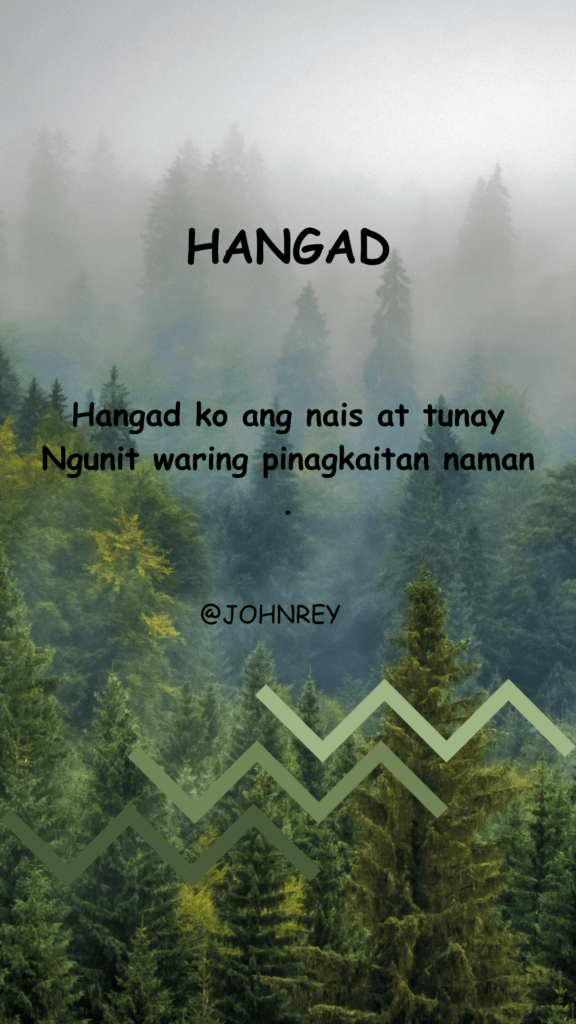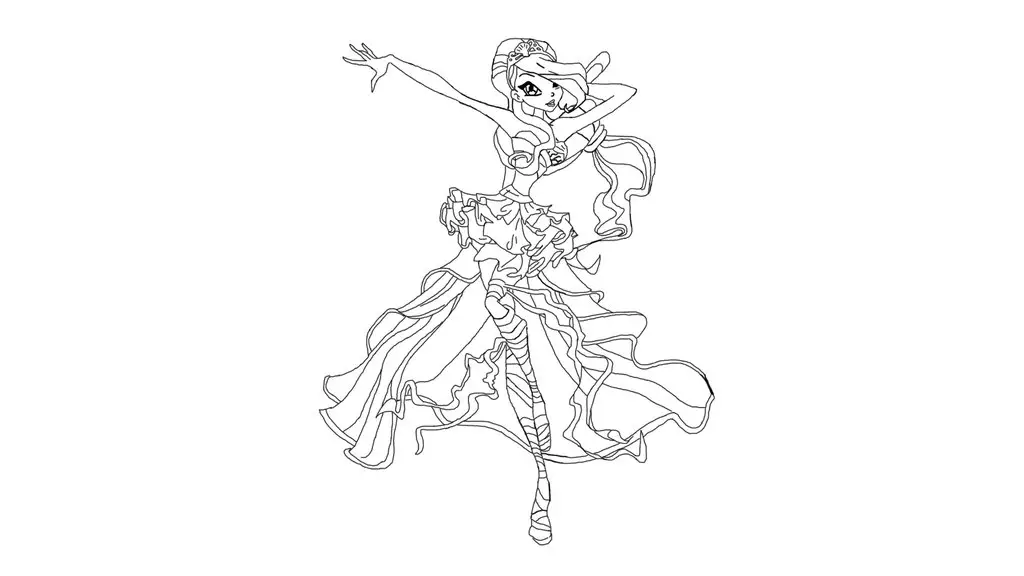On invitation of Heinrich Böll Stiftung in Islamabad, Pakistan, I today (Nov. 27, 2013) gave the keynote address at the conference Alternative Media in Pakistan – Opportunities and Challenges. I added links and posted it here. Forgive me for the holes in it; unfortunately I was pressed for time and had to write half of it on the plane here. Still, here you go.
It was a little under six months ago, on June 6th of this year, when the British Guardian published a story the editors rather inconspicuously headlined NSA collecting phone records of millions of Verizon customers daily.
As soon as we look at the number of comments left on the Guardians web site – more than 2.500 – we get an idea that this was the beginning of this years most important news story by far, a story not few people regard as the scoop of the century.
It set off an avalanche of articles based on the material the US whistleblower Edward Snowden leaked to a number of journalists. It also kicked off, and that is something I’d like to focus on today, this year’s most important story about the media, about the role of journalism in society, about the role journalists have in the media.
For this keynote address I chose the title “Journalism after Snowden”, but this first part would more appropriately be titled “Journalism after Greenwald”. Because it is Glenn Greenwald, this brilliant, feisty, iconoclastic best-selling author turned blogger turned journalist who provoked a flood of criticism, ad hominem attacks and even outright hatred by other journalists – it is him who we not only have to thank for the revelations of the Snowden leaks but also for bringing a debate to the forefront that was long overdue.
It is the debate about the fine line between journalism and activism, about whether it is more important to be fair and balanced or truthful – and yes, there often enough is a conflict here – and whether you can call yourself a journalist if you openly state whose side you’re on.
It’s not that this debate is new or hadn’t been started years ago, if not decades ago. I’d like to point you to an article by Dan Gillmor, now director of the Knight centre for digital media entrepreneurship at Arizona State University and author of the book “We the Media” (PDF, 975 kb), in which he popularized the concept of citizen journalism.
He wrote the article in the aftermath of the fall of Lehman Brothers, an event that helped spark the 2008 financial meltdown. “The coverage”, Gillmor says rather immodestly, “reminded me that journalists failed to do their jobs before last year’s crisis emerged, and have continued to fail since then.” So he proposed 22 ideas he’d try to implement if he ran a news organization. I’ll read to you number 17:
The more we believed an issue was of importance to our community, the more relentlessly we’d stay on top of it ourselves. If we concluded that continuing down a current policy path was a danger, we’d actively campaign to persuade people to change course. This would have meant, for example, loud and persistent warnings about the danger of the blatantly obvious housing/financial bubble that inflated during this decade.
Now take a leap back into the present and look at what Glenn Greenwald does. Greenwald undoubtedly does world class reporting on the huge pile of immensely complex files Ed Snowden provided.
At the same time, he’s blatantly outspoken about what this means – that we live in a surveillance state, that our governments are in breach of laws and even the constitution, that so called intelligence and security agencies like the United States’ NSA and the British GCHQ, and many others, are completely out of control.
Most of you know what happened to Edward Snowden. The US government revoked his passport, thereby nullifying his right to travel. The US convinced the governments of Portugal and France to block the plane carrying the Bolivian president flying over their territory because they thought Snowden was on it. US allies like Germany were put under pressure to not grant him asylum – and so forth.
All this is scandalous, but it was to be expected. But it is very interesting to have a look at what happened to Glenn Greenwald, the journalist who published story after painful story about how the spy agencies misused their powers.
I’m not talking about the fact that his collaborators, filmmaker Laura Poitras and security specialist Jacob Appelbaum, are being harassed by US border patrol every time they enter their home country so that they were forced to set up camp outside of the United States.
I’m not talking about the fact that the British authorities, with the blessing of the highest circles of government, detained his partner David Miranda for nine hours at Heathrow Airport, openly misusing the already very controversial UK Terrorist Act.
Again – this is a disgrace for governments calling themselves democratic. But it is to be expected that those who attack the surveillance state be met with the harshest of responses.
What is a little less obvious to expect is that your own fellow journalists will attack you in troves, and below the belt. Greenwald was accused of aiding and abetting a crime by publishing Snowdens leaks, he is accused of blurring the line between opinion pieces and straight reporting, and a New York Times columnist said in a talk show that “I’d almost arrest Glenn Greenwald, the journalist who seems to be out there, he wants to help [Snowden] get to Ecuador”.
Bill Keller, the former executive editor of the New York Times, said under his reign Greenwald would not have gotten a byline on the Snowden stories because he is a columnist, not a reporter. And Bob Woodward of Watergate fame attacked Greenwald for failing to protect his source and not putting out a coherent story about the information he received.
Now I’m all for media criticism. I think it is necessary to control the so called fourth estate, to have some checks and balances on the institution that is supposed to be part of the system of checks and balances.
But here you have a situation where people seem to have a problem to come to terms with the fact that journalism has changed – and it has forever.
This has a lot to do with the advent of blogs and self-publishing. But it is not the tiresome old squabble called “bloggers vs. journalists”. That is over. It is the question about the relationship between journalism and advocacy, between being a chronicler of events and an activist for change.
In countries with a British cultural heritage, especially in the United States, the separation of reporting and commenting is a question of faith. If you believe in it, you are a journalist, if you don’t, you are an activist. And being an activist is rather despicable from the point of view of a journalist. Because supposedly the journalist conveys facts, the activist advances a belief.
The Internet has shaken things up a little, and the Snowden story has accelerated and intensified that shake-up. Because it puts a way of reporting a story to the fore that so far was restricted to regional news, not global news, and it was restricted to online micro-publishing, not a 192-year old British newspaper with a global audience of millions of readers each month.
We have to thank the Guardian’s reporters for relentlessly pursuing this story even when faced with intense political pressure.
All this in a legal situation that not only allows government to exercise prior restraint and force journalists to destroy evidence – but a government that actually makes use of these powers unworthy of a modern democracy.
But we also have to thank the editors to let someone like Greenwald stay on the story. Because he not only did a fantastic job reporting this story. He also does it in a fashion that makes clear that he is willing to do what Gillmor demands. I’ll remind you:
The more we believed an issue was of importance to our community, the more relentlessly we’d stay on top of it ourselves. If we concluded that continuing down a current policy path was a danger, we’d actively campaign to persuade people to change course.
Now, and this is the latest of mind-boggling developments in this story full of mind-boggling developments, he will take this a step further. Greenwald has decided to leave the Guardian and build a news organization with money from the billionaire Ebay founder Pierre Omidyar.
It’s a once in a lifetime opportunity, Greenwald says, and one has to agree. Whether it will work out and he and his fellow founders can build something that will work and not evolve into a regular newsroom over time remains to be seen. I’m very much looking forward to follow this experiment.
I have one last topic on my agenda. It concerns technology. I worked as a lecturer at universities and as an instructor at journalism schools for almost 15 years, sometimes I still do.
My field of expertise is all things digital: doing research online, how to use social media in journalism, how to build a good website and so on. Whenever I had the chance of designing the curriculum myself, I included a topic I called communication security for journalists. A more compelling title is protecting sources online.
It is about using technology to fight off technology. To use cryptography to keep the NSA’s spying programmes out of your email communication. To use disk encryption to be able to protect your info when detained and questioned by some rogue government like the British. To use anonymizing technologies like Tor to be able to surf the Internet without anyone knowing where you go, or where you’re coming from.
The pattern was that the less repressive the regime was in the country participants came from, the less interest there was in these things. My own estimate is that I never, ever in one of my workshops convinced a German journalist working in Germany to use email encryption technology.
But when I went to Syria a couple of years ago, some time before the war, I did not need to convince anyone that it is a good idea to use tech that cloaks your Internet traffic. They were all using it already anyway.
And now we find out that it is us who were negligent. Who believed in our constitutions guaranteeing the freedom of speech and of the press, in the Universal Declaration of Human Rights and the International Covenant on Civil and Political Rights promising to protect online freedom of expression and privacy. The Global Network Initiative says:
States have pledged to ensure these protections for anyone within their effective power and control. In many instances they must also protect individuals against violations of their rights by other individuals or companies. Restrictions on rights must be based on published, clear, specific legal rules; serve a legitimate aim in a democratic society; be “necessary” and “proportionate” to that aim; not involve discrimination; not confer excessive discretion on the relevant authorities; and be subject to effective safeguards and remedies.
And we see that it was our own intelligence services and governments who betray us, who spy on us, who treat us like criminals and enemies of the state. There were a lot of warning signs like the 2001 disclosure of the Echelon spying program run by the US; most of us ignored these signs, myself included. We must not make this mistake again.
Surveillance must not be understood as a problem for which there exists one solution. Yes, we can trust the math, as crypto-researcher Bruce Schneier said. But only to a certain degree. The surveillance state is not a problem, it is a condition, a state of affairs.
We can’t protect ourselves with technology from people who have a licence to break into our house, to raid our offices, to confiscate our cell phones and computers, who can eavesdrop on our phone calls and email without having to provide a single piece of evidence of wrongdoing.
Yes, we must use technology, and I implore you to do it. Use PGP, Tor, TLS and IPSec, use Truecrypt, OTR and open source technologies.
If you don’t know what all of this means, go and find out (There’s a fantastic set of tools and tutorials here). Do some research on the web but make sure you use “disconnect” to hide some of your data from Google. And then tell your friends, family and colleagues. And then write about it in your newspaper, on your website, on your blog. Produce some radio and TV programmes. Spread the word.
Because the more of us who use these things the higher the cost of surveillance. It won’t make us entirely safe. There is no such thing as 100 per cent privacy in the face of the surveillance state. But there is something a lot better than to give in to having all our communications monitored 24/7.
Which brings me back to where I started. There is a concept called “false balance”. And it is a characteristic of doing journalism in the form of the detached reporter who doesn’t have a bias, or an opinion, or a stake in what’s going on. It works like this: The candidate makes a statement. You write it down, then you call the other side for a response. Then you’re covered, and the truth lies somewhere in the middle.
You and me know it’s not true. It’s not that there are some reasons to find the mass surveillance of citizens bad, and some to find it ok. And then the truth is somewhere in the middle. It’s just lazy journalism.
But the truth is: even though I just made a big deal of concepts and what they are called, be it journalism versus advocacy, reporting versus activism and what have you – I don’t really care what you call it.
As long as we all fight for a society where we can exercise our right to privacy as individuals and the media can pursue its task without being spied upon by an international ring of governments in contempt of law and legitimacy.
We had a great discussion directly afterwards, and some more during the breaks. Here are some tweets. (Which painfully reminds me that I need to update this blog’s stylesheet. This looks awful…)
Important points by @spielkamp on the fine line between journalism & activism in a post NSA-leaks with prosecution of Snowden & @ggreenwald.
— Usama Khilji (@UsamaKhilji) November 27, 2013
@nighatdad I know about it. But #Tor’s not #VPN. & they’re working on it: http://t.co/L0iTWQjg0w Can’t find current info /cc @ioerror
— Matthias Spielkamp (@spielkamp) November 27, 2013
@spielkamp loved your keynote, we were live tweeting it from @BoloBhi, will storify it but would love to republish if possible.
— Sana Saleem (@sanasaleem) November 27, 2013
Incredibly powerful speech by @spielkamp lauding @ggreenwald’s courage. Speaking of the pressure german government faces wrt #snowden
— Bolo Bhi (@BoloBhi) November 27, 2013
Really enjoyed @spielkamp’s keynote. Would love to discuss this more.
— Nabiha Meher Shaikh (@NabihaMeher) November 27, 2013















